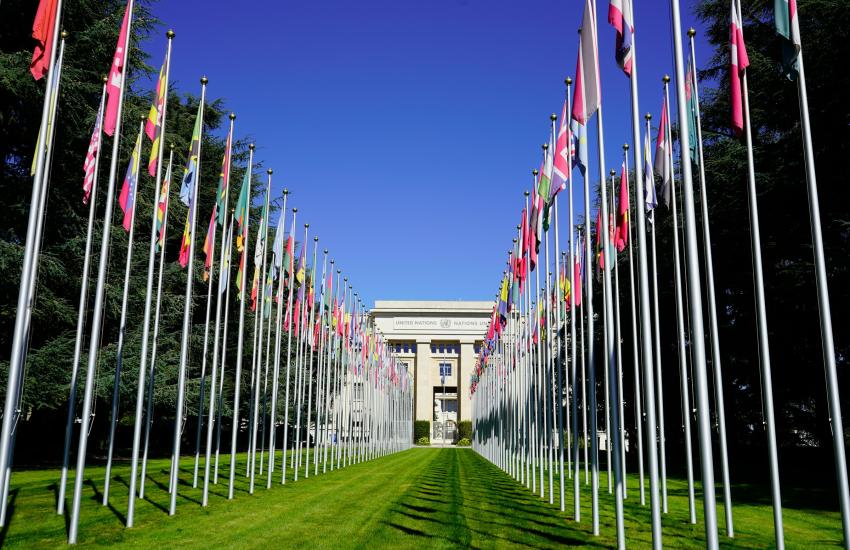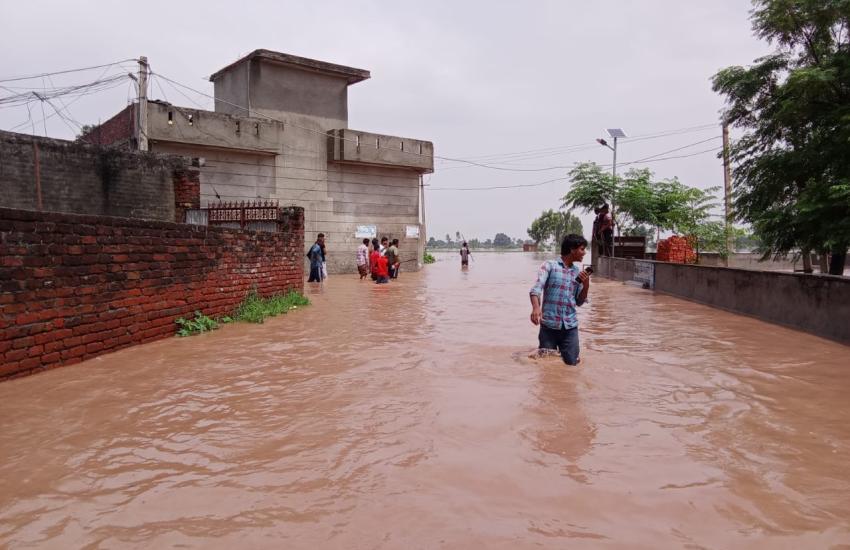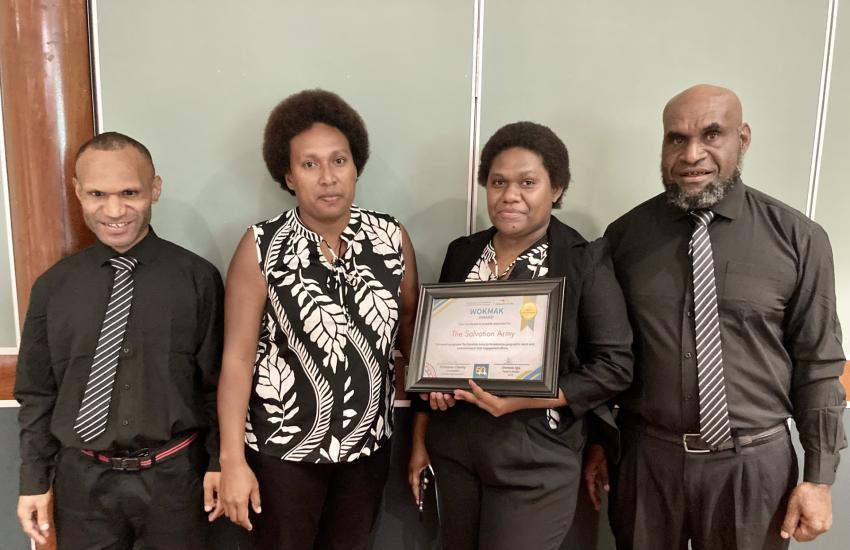Kenya is one of a number of countries currently experiencing a humanitarian crisis. The short rains have failed and nearly 3.5 million rural pastoral and farming people – including 500,000 schoolchildren – need emergency assistance to sustain lives and protect livelihoods. Following five consecutive poor seasons, vulnerable populations are running out of coping options.
The Government of Kenya recently launched an international appeal for humanitarian assistance and partners such as The Salvation Army are stepping forward to assist.
The Salvation Army's International Emergency Services section deployed an assessment team, including Major Cedric Hills (International Emergency Services Coordinator) and Ms Damaris Frick (an emergency worker deployed from Germany) to research the situation and determine how best to support the emergency operation.
Major Hills reports, 'Kenya is a country I have worked in on a number of occasions. Returning there at the end of February I was deeply saddened to see the devastating effect of continued drought. As we drove from the airport into the centre of the capital city, Nairobi, the impact was clear to see. The fields lining the highway were dry, brown and empty. Masai herdsmen, normally seen in the vast plains of the Rift Valley, have driven their cattle many miles and now search in the streets of Nairobi for pasture for their animals.'
Persistent drought is a terrible form of disaster. It creeps up gradually and silently, with each harvest being poorer than the one before. Any reserves that families might have set aside are utilised to survive, and normal coping mechanisms fail as all resources that might be sold to generate a little income get used up.
In rural areas the impact of the lack of rain upon the livestock is obvious. People told how their cattle have died; herds that took years to cultivate have been wiped out. The carcasses of dead animals lay close to the road.
Damaris reports, 'As we drove from Kajiado we saw the fresh bodies of two zebras. We stopped the vehicle and walked over to check them. As we bent over one of the creatures it tried to move. Clinging to life, it struggled to stand – but hadn't the strength to rise. The other animal had already died – probably just a few hours before. To see such beautiful creatures dead through lack of water and pasture is heartbreaking. How much worse for those whose livestock have been their lives for generations.'
'The people we saw don't give up easily, continues Major Hills. 'The men drive their herds many miles looking for the even the smallest signs of pasture – desperate to keep their animals alive. But as the herd deteriorates and the animals get thinner and weaker, so their value decreases. The farmers can no longer sell an animal to bring in much-needed money. The milk yields decrease and the typical diet of meat, milk and blood becomes unavailable.
'Also, as the men search the country for pasture the women and children are left behind, many miles away. Without any cattle to feed upon or sell, and no men to assist them, they are completely vulnerable and dependent upon aid.
'In disaster situations, the poor and the weak are always the most vulnerable.
'One consequence of losing assets is that household income falls. In a country where secondary children must pay to attend school, a lack of money often means that school fees are the first thing sacrificed in the battle to survive. Secondary education children live at school – boarding many miles away from the family home. School becomes their home and they only return at the end of each term. In every district we visited we heard the same reports – children were being withdrawn (or worse, expelled) from school because the family crops had failed or livestock died and school fees could not be paid. Schools report escalating debts as they endeavour to keep children in education and feed boarders only the most basic of survival rations.'
In Lockitaung, Turkana (one of the country's worst-hit areas), secondary school headmaster Frederic spoke eloquently about the importance of education for children and the urgency of safeguarding the future of children through the provision of education and skills: 'It is not just about getting through today – but giving them the tools for a tomorrow.'
As one component of The Salvation Army's relief work in Kenya, a 'Food for Fees' programme is being launched. Supplies of basic food commodities (maize, beans and oil) will be delivered to secondary schools, guaranteeing that this particular group of vulnerable people will receive a substantial daily meal. In return, schools will use the value of this gift-in-kind to offset against fees for those children whose families have lost herds and crops and who are struggling to survive.
In Kenya around US$200,000 will be made available for this intervention – a programme made possible by the generous support already shown to the Sub-Saharan Famine Appeal. Major Hills says, 'We can't cover all schools with this programme – but it is a start. We are thrilled by the response so far to our appeal but we know there is still so much to do.'
Donations to The Salvation Army's Sub-Saharan Africa Disaster Fund can be made via the International Headquarters.
Sub-Saharan Africa Famine Relief - Update 1: 'Food for Fees' programme launched in Kenya
Discover more

The Salvation Army and World Evangelical Alliance call for action on child labour
The Salvation Army has released a joint statement with the World Evangelical Alliance to coincide with the United Nations 60th Session of the Human Rights Council to support the urgent call to end the worst forms of child labour.

Chasing the music
Taylor Swift’s concerts echo spiritual rituals, revealing a deeper longing for connection, identity and unconditional love. This hunger mirrors the eternal fulfilment found in Jesus, whose message transcends fame and fleeting emotion.

Small libraries, big dreams!
Eco-friendly mini libraries are offering meaningful change and connecting hearts and minds across Korea.

Five minutes with... Fernanda Rivera, Mexico
My name is Fernanda Rivera and I live in Mexico City. I work as Youth Engagement Coordinator at the Global Opportunity Youth Network.

Monsoon devastation in Northern India
The Salvation Army responds

The Salvation Army in Papua New Guinea is honoured with inclusivity award
The award recognises The Salvation Army’s extensive geographic reach and inclusive engagement efforts across its programmes.